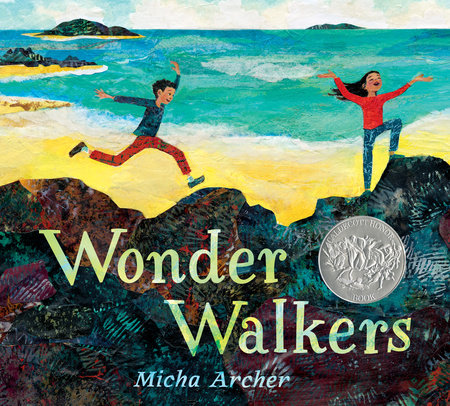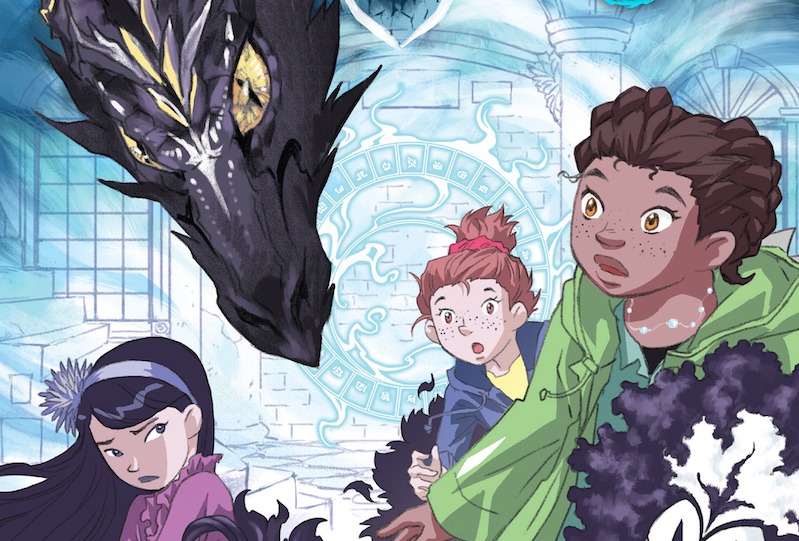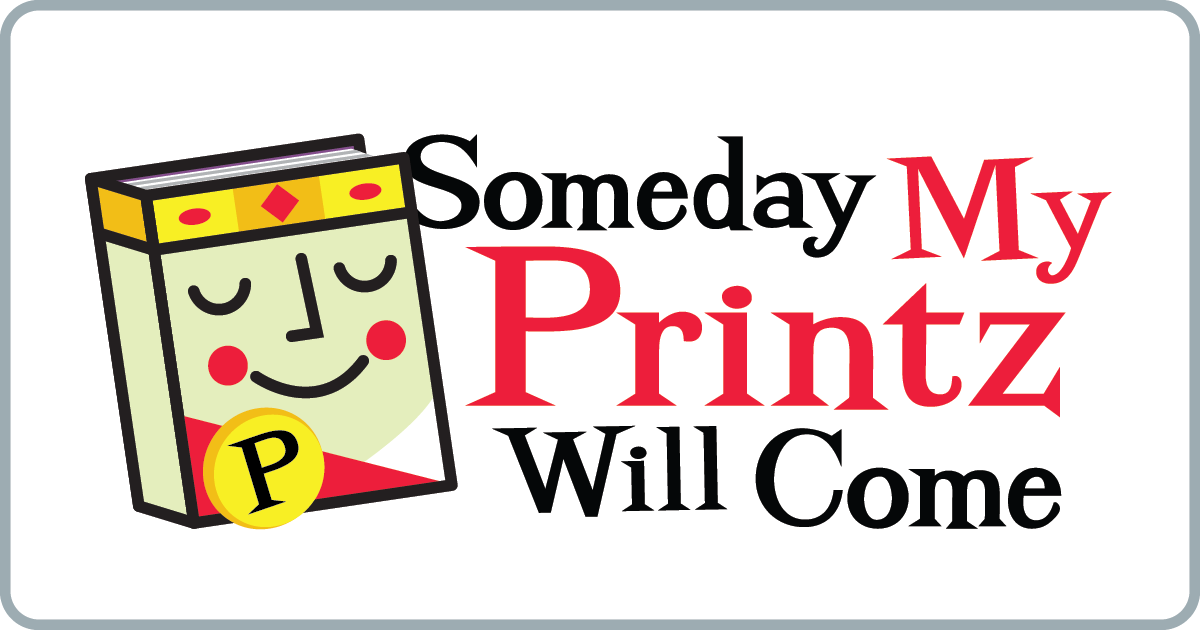
The Classroom Bookshelf
SCROLL DOWN TO READ POSTS

The Classroom Bookshelf
by Erika Thulin Dawes

Good Comics for Kids
by Brigid Alverson
January 6, 2016 by Karyn Silverman
This year is just full of books, and so many of them are worth talking about. Sadly, we’re not going to get to everything we hoped to read before Monday’s award announcements, despite valiant efforts. I’m mourning Leavitt’s Calvin, loaded on my Nook but sadly unread; Seneca Village; Lizard Radio, with a premise so unusual […]
November 23, 2015 by Karyn Silverman
A Thousand Nights, E.K. Johnston Hyperion, October 2015 Reviewed from ARC I already told you this is a great year for fantasy, and I’m back to today to continue building the case. And this is probably the one that most deserves the Printz, because for all the brilliance of The Scorpion Rules, the originality of […]
December 11, 2014 by Someday
We’re called “Someday My Printz Will Come” for a reason; we kiss a lot of frogs. Which is necessary if we want to read widely — and we do, because that gives us the best sense of the year. The Printz is, after all, an award for literary excellence in the publication year — wider […]
ADVERTISEMENT
January 10, 2014 by Sarah Couri
Rose Under Fire by Elizabeth Wein Disney Hyperion, September 2013 Reviewed from an ARC Last year, we had a lot of great conversation about Elizabeth Wein’s Code Name Verity, which ended up with a silver medal. This year, we have its companion title, Rose Under Fire. With two starred reviews, will this title go the […]
November 21, 2012 by Karyn Silverman
Code Name Verity, Elizabeth Wein Hyperion, May 2012 Reviewed from ARC At last! I finally get to write about my one true love of the year, the book I will champion against all others as the be all, end all best book of the year. (Sorry, Railsea, you rock, but you’re still not number one, […]
ADVERTISEMENT
ADVERTISEMENT

